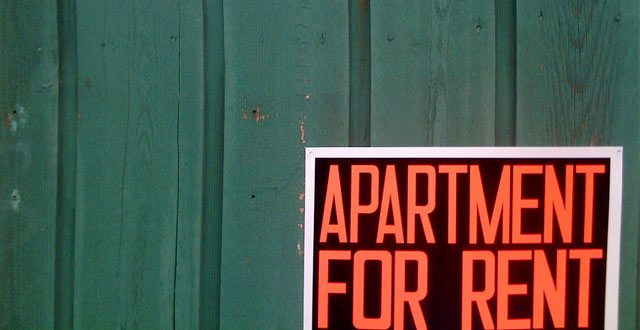Silver Lining In Oil Boom's End: Rents Are Falling Back Down To Earth

Back in December I wrote a post headlined, “The End Of North Dakota’s Oil Boom Is Here.” It generated a lot of feedback from people who felt I was now forecasting a bust for North Dakota oil production.
But that wasn’t quite right. My point wasn’t that a bust is upon us. Only that the boom isn’t booming any more. Things are moderating. Going forward we’re just not going to see the explosive growth in, well, just about everything that we’ve seen over the last few years.
In many ways that’s a very good thing. Case in point, rents. North Dakota has made national headlines for the soaring price of housing in oil price communities, but the increase in housing supply alongside moderated demand has those prices falling back down to earth.
Reuters reporter Ernest Scheyder somewhat breathlessly reports this as “Reality hits North Dakota’s pricey apartment market; rents drop,” but this really is good news that a lot of North Dakotans have been waiting for:
WILLISTON, N.D. (Reuters) – It is getting cheaper to rent an apartment in North Dakota’s oil patch.
Prices, which only last year rivaled levels in New York City and Geneva, have slipped about 15 to 20 percent in the past two months as dozens of new apartment buildings opened in Williston, Watford City and other oil hub cities.
Growth in demand has slipped because the plunge in crude oil prices has led to cuts in capital spending by energy producers.
There are still about 1,800 energy-related jobs unfilled in the No. 2 U.S. oil-producing state, and there is still demand for apartments. But the accommodation shortage is nothing like it was when the state’s oil boom began six years ago. As new developments start leasing, tenants are able to negotiate lower rents.
“You’re starting to see prices fall this year as more units come online,” said Terry Metzler of Granite Peak Development, which has built apartments and a shopping center in Williston, considered capital of the state’s oil boom, and has an additional 480 apartments and houses under construction.
Meanwhile, overheated demands for ill-advised policies like rent control at the height of the oil patch housing crunch are starting to look like the foolish overreactions of rank panderers (I’m looking at you, Williston Herald).
The problem wasn’t gouging or greed or any of the other claims made by some activists and commentators. It was simply the dynamics of the housing market. Williston, Watford City, and other oil patch communities simply had far more demand for housing than they had supply.
Had the reactionaries gotten their way, and we’d implemented market controls, we probably wouldn’t see the housing crunch easing even now.




